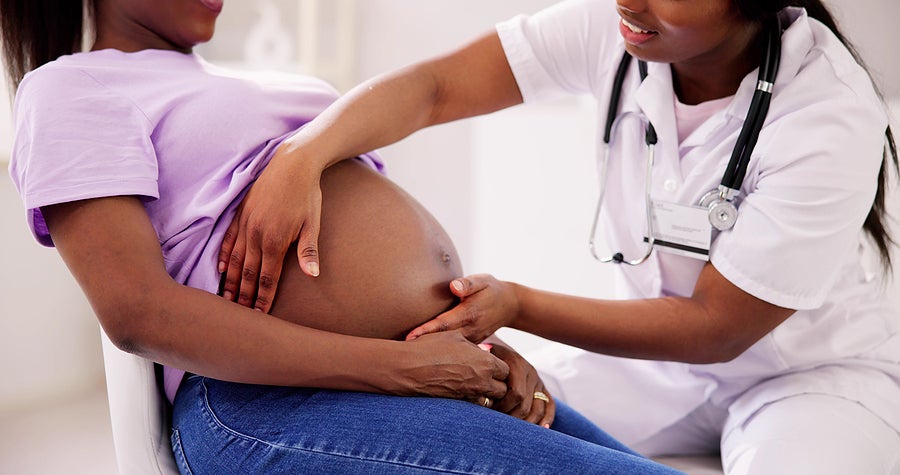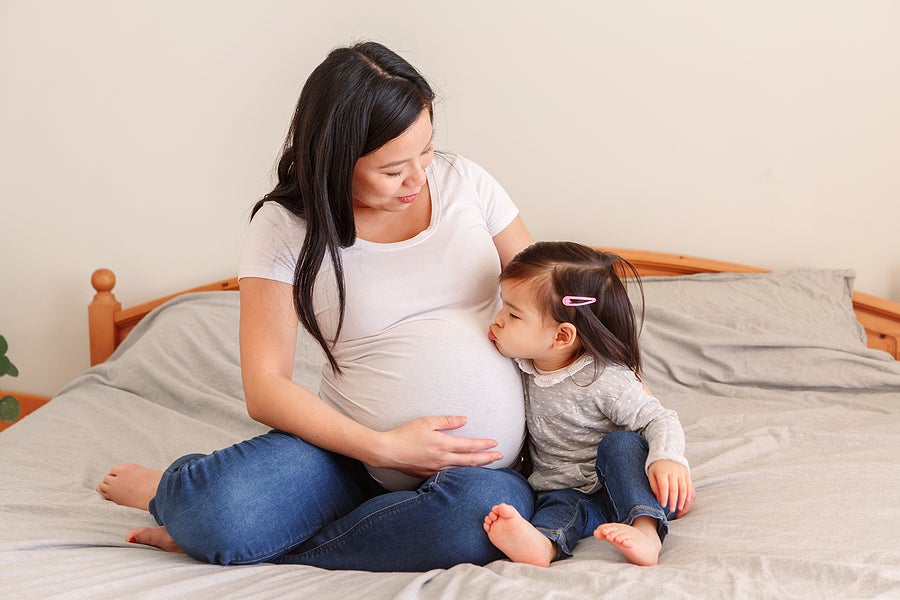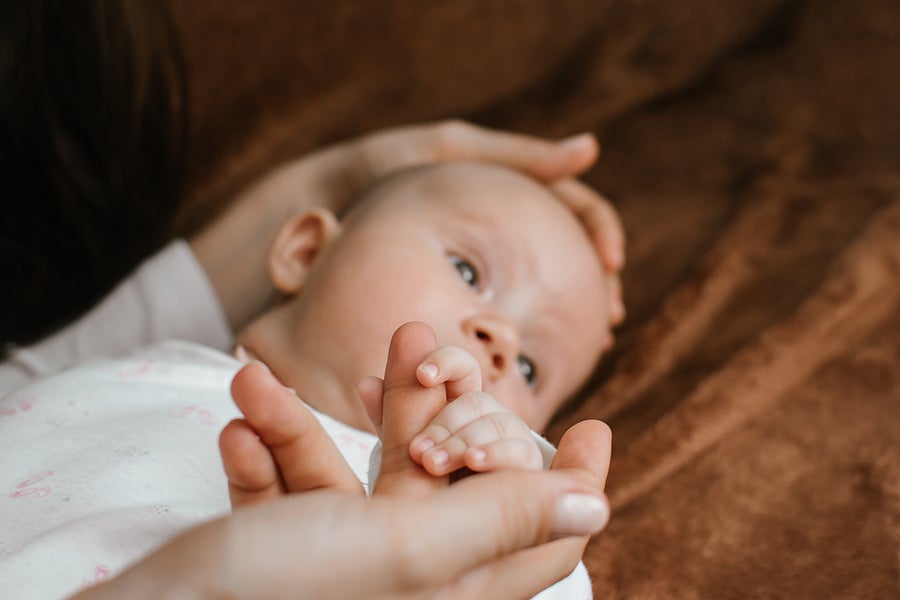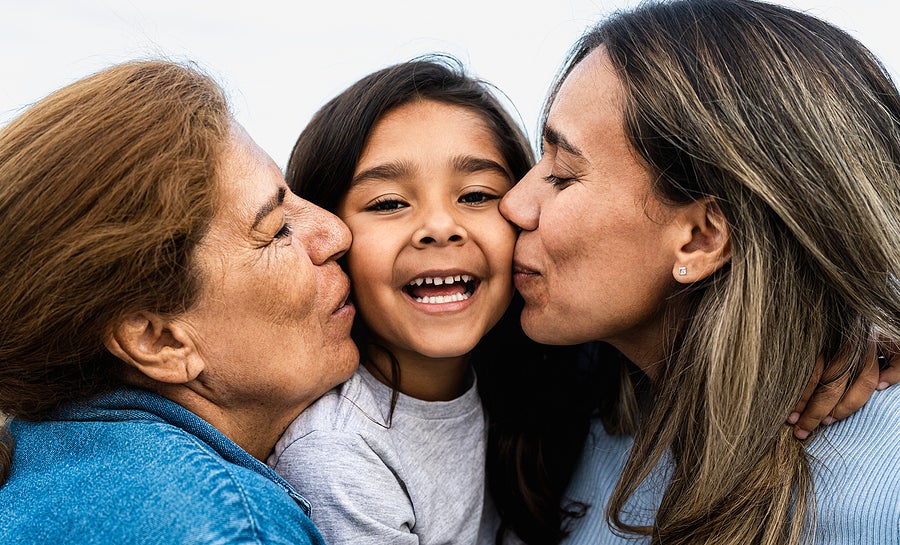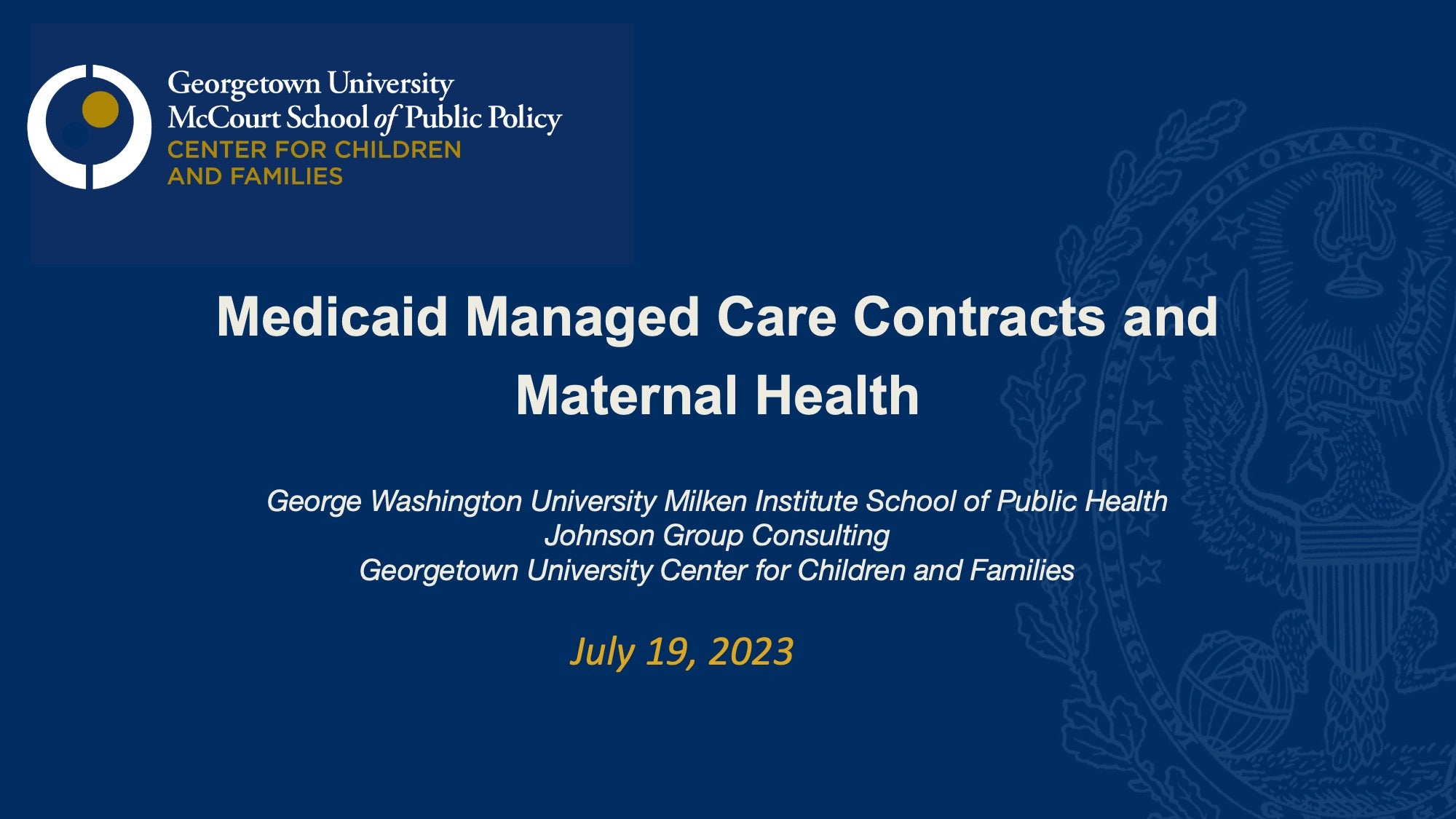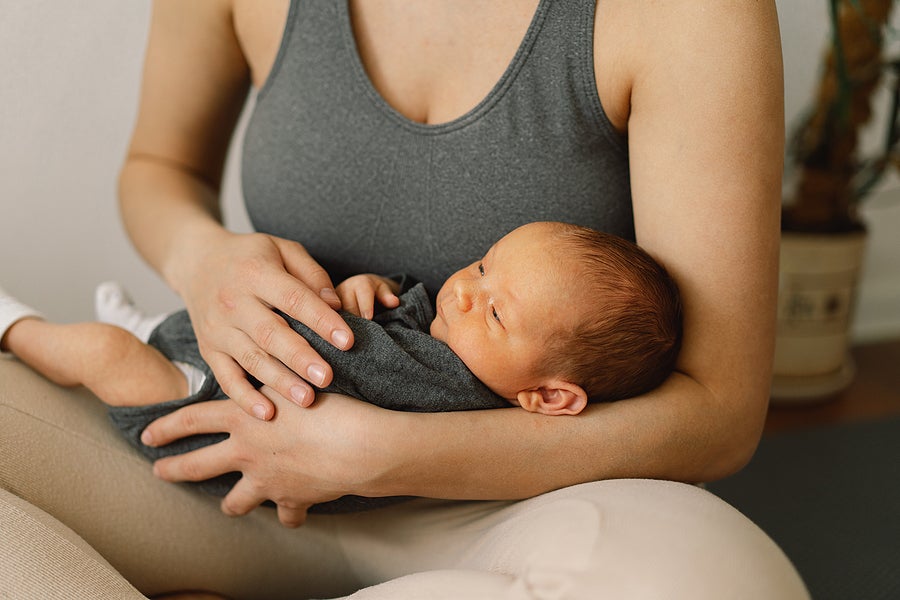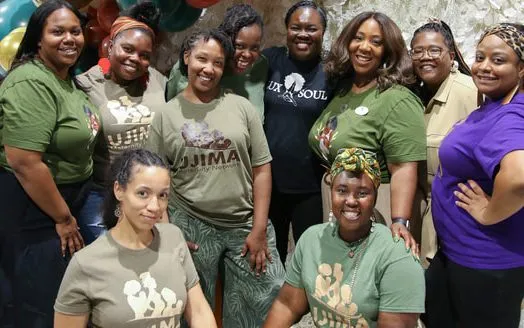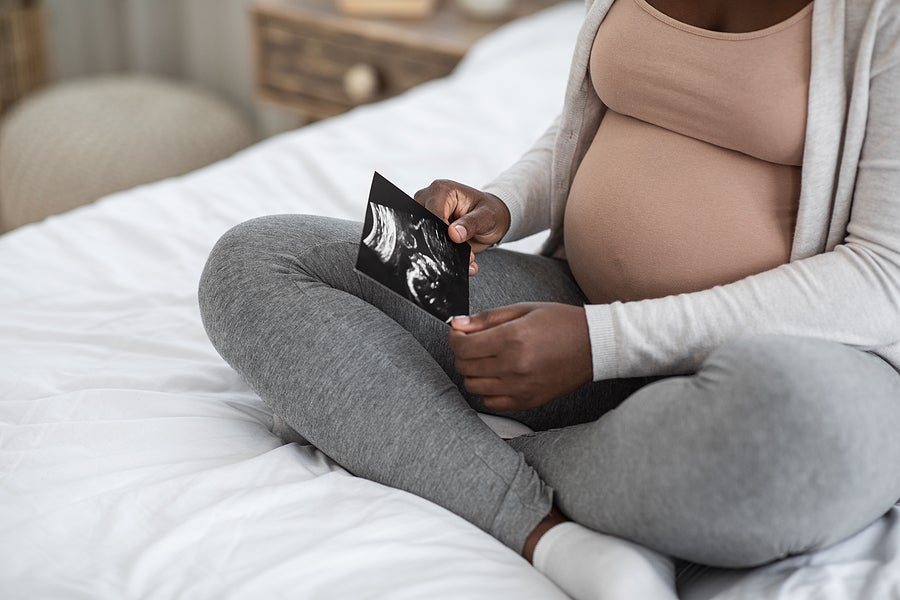Maternal & Early Childhood Health
-
Black Maternal & Mental Health Summit Highlights the Urgency for Policy and Practice Change
In July, I had the chance to attend the Black Maternal & Mental Health Summit hosted by the Shades of Blue Project. Founder Kay Matthews established Shades of Blue in 2013 after the loss of her stillborn daughter. With worsening maternal morbidity rates in the United States, Kay has turned to advocacy as a way…
-
HHS Takes Action on Maternal Mental Health Initiatives, Requests Input on Medicaid/CHIP Parity Compliance
Last week, the Administration announced a number of actions related to mental health with a focus on maternal health as well as parity in Medicaid and the Children’s Health Insurance Program (CHIP). Here’s a readout of the latest actions: Maternal Health Funding: HHS announced awards of more than $103 million to support and expand access…
-
Midwives Offer State Medicaid Agencies Another Tool to Address the Maternal Health Crisis
Doulas have been a popular topic in the maternal health space as one means of improving birthing outcomes, especially for Black women and other communities of color that have been historically marginalized from the traditional health system. It can be confusing to differentiate between the different support persons and clinicians that may assist expecting or…
-
Analysis: New Mothers Gained Health Coverage During Pandemic-Era Coverage Protections, But 1 in 10 Still Uninsured
The Families First Coronavirus Response Act (FFCRA) required states to maintain uninterrupted coverage for all Medicaid beneficiaries in exchange for additional federal funding. This continuous coverage protection also extended to pregnant women in Medicaid beyond the previous 60-day postpartum cutoff that most states have now moved to extend to 12 months postpartum. A new analysis…
-
CMS Releases Postpartum Care Toolkit to Help States Address Access, Quality, and Equity of Care in Medicaid and CHIP
The rapid state adoption of extended postpartum Medicaid coverage from 60 days to 12 months offers an important opportunity to help ensure new parents and their infants get the health care they need during a critical period of family change following a birth. Last month, CMS released a timely resource for states seeking to help…
-
Medicaid Coverage for Pregnant Women and Their Young Children Linked to Health of the Next Generation
As we see increasing numbers of pregnant women and newborns being disenrolled from Medicaid, a new study adds to evidence of long-term benefits of Medicaid investments– this time for the grandchildren and children of pregnant women and their newborns. For many years, CCF has highlighted the growing research on the long-term health and educational impacts…
-
“Deemed Newborns:” Collateral Damage in the PHE Unwinding
This blog is about the babies on the bus. You know, the ones who go “Wah-Wah-Wah” all around the town. It seems that, in the course of the PHE unwinding, some of them are getting thrown under the bus. As my colleague Elisabeth Wright Burak recently reported, Arkansas disenrolled 3,300 newborns from Medicaid in April;…
-
Legislative Roundup: Eight states now committed to multi-year continuous eligibility for young children as Colorado, Minnesota and Ohio pass new legislation
The unwinding continues to dramatically showcase children’s loss of health care despite the fact that most likely remain eligible. Amid the worse-than-expected disenrollments among children due to red tape and insufficient communication, one bright spot is that more states are seeking CMS approval to reduce administrative burden on families by adopting 2-to-5 year continuous eligibility…
-
-
How Are States Addressing Mental Health Needs of Infants and Toddlers in Medicaid Policy? New 50-state Report
As lawmakers scramble to address the nation’s worsening mental health crisis among children, few of these efforts have focused on the unique developmental needs of children before they reach kindergarten. It’s hard to imagine an infant or toddler experiencing mental health challenges, but as ZERO TO THREE shows,10-16% of young children experience mental health conditions,…
-
Medicaid Policies to Help Young Children Access Infant-Early Childhood Mental Health Services: Results from a 50-State Survey
By: Sheila Smith, Maribel R. Granja, Elisabeth Wright Burak, Kay Johnson, and Daniel Ferguson; Representing the National Center for Children in Poverty, Georgetown University Center for Children and Families, and Johnson Policy Consulting Full report available here. INTRODUCTION Young children covered by Medicaid are growing up in low-income households and are more likely to experience…
-
Medicaid Funding for Home Visiting: Time to Scale What Works for Young Children and Families
As more states adopt Medicaid’s postpartum extension, making health coverage work for postpartum people and their newborns requires dedicated attention by states on the best ways to ensure mom and child get the right care at the right time. One popular, evidence-based intervention for young families is home visiting. The approach typically includes some combination…
-
Maternal Mental Health Month Shines Light on Need for Policy Solutions
May is a month for moms: we celebrate Mother’s Day, it’s maternal mental health awareness month, and Congressional leaders chose May to reintroduce the Black Maternal Health Momnibus, a group of a dozen bills designed to address all facets of the Black maternal mortality crisis. Giving birth and taking care of a young child is…
-
More States Extend Postpartum Medicaid Coverage as Three States Fall Behind
Just this month, Missouri and Alaska joined the growing list of states where their legislatures approved extending postpartum Medicaid coverage from 60 days to 12 months, following Mississippi, Wyoming, Montana, South Dakota, and other states that have acted this year. CMS is expected to approve the extensions after the states submit their state plan amendment…
-
State Medicaid and CHIP Options Can Help Address Maternal Health Crisis and Eliminate Racial Health Inequities
Two Say Ahh! blogs published during Black Maternal Health Week this April–one from Marquita Little Numan reflecting on her personal birth story and another by Tanesha Mondestin on the Black Mamas Matter Alliance policy agenda – underscored the need for significant policy change to address the ongoing maternal health crisis facing our country, where Black…
-
State Opportunities to Leverage Medicaid and CHIP Coverage to Improve Maternal Health and Eliminate Racial Inequities
Introduction Medicaid and CHIP provide coverage for millions of pregnant people to access essential prenatal, birth-related, and postpartum care each year.[1] Policymakers are taking a fresh look at Medicaid and CHIP options to support better maternal health outcomes in response to the nation’s worsening maternal mortality crisis, the 2022 Supreme Court decision in Dobbs v.…
-
Black Mamas Matter Alliance Highlights Policy Change Needed in Honor of Black Maternal Health Week
Today marks the end of Black Maternal Health Week, which is celebrated every year from April 11-17. This initiative was founded by the Black Mamas Matter Alliance (BMMA), which advocates for Black mothers and has goals of changing policy, cultivating research, advancing care, and shifting culture. The week calls attention to the Black maternal health…
-
Birthing With Dignity and Facing the Disparities: My Black Maternal Health Week Reflections
By Marquita Little Numan As we recognize Black Maternal Health Week this year, I wanted to take a moment to reflect on my personal birth experience as a Black mother. In 2021, as we all adjusted to a new normal and navigated life during a pandemic, my family was thankful for a reason to celebrate. We learned…
-
New Brief: States Focus on Improving Maternal Health Outcomes Amid Worsening Maternal Mortality Crisis
The U.S. continues to experience a worsening maternal mortality crisis that the COVID-19 pandemic only exacerbated. New data from the Centers for Disease Control and Prevention shows that the maternal mortality rate for all women nearly doubled between 2018 to 2021, climbing from 17.4 maternal deaths per 100,000 births in 2018 to 32.9 maternal deaths…


